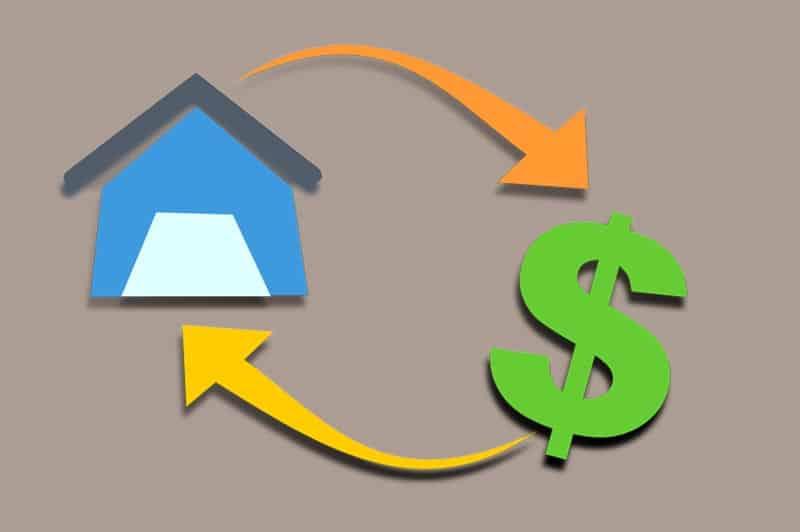What is Home Equity?
Home equity is a valuable asset if you know how to use it. Home equity is the amount of value in your home over and above a mortgage or lien against the property. Calculating the equity of your home involves simple math. To get a home’s equity, just subtract the amount of any mortgages or liens against the home from its present-day market value: Market Value – Mortgages & Liens = Home Equity.
What is My Home’s Equity?
The easiest way to understand home equity is through an example. Suppose you purchase a home for $100,000. You place 20%, or $20,000, down at closing. Since you agreed to pay $100,000 for the home, it is assumed that the home’s present-day market value is $100,000. Because you have placed 20%, or $20,000 down, you will take an $80,000 mortgage out against the home for the remainder of the purchase price. With a value of $100,000 and a mortgage amount of $80,000 you instantly have $20,000 in equity in the home.
Market Value ($100,000) – Down Payment ($20,000) = Mortgages & Liens ($80,000)
So
Market Value ($100,000) – Mortgages & Liens ($80,000) = Home Equity ($20,000)
The equity is the portion of the home that you “own” and that is not subject to a mortgage or lien. In most states, your lender doesn’t own any part of the home. Instead, the home is being used to secure the debt owed to the lender. The lender only holds a lien in the amount of the mortgage due. If you default on the mortgage, the documents you signed at closing give the lender the right to foreclose on the home in order to collect on the debt you owe.
How Can I Build Home Equity?
Home equity increases in one of two ways: (1) repayment of the debt secured by the home; or (2) property value appreciation.
- Repayment
Repaying your loan not only prevents the lender from foreclosing on your home, it also increases the equity you have built up in your home. As long as the value of your home holds steady, repaying the loan secured by your home decreases the debts against it, thereby increasing the equity you have in the home. Making regular payments under your lender’s repayment schedule decreases both the principal and interest of the loan. In addition, making extra payments on the loan reduces the total amount of interest paid by reducing the principal amount on which interest is assessed. - Property Appreciation
The second way to add equity to your home is to increase its property value. Making renovations or upgrades to the home, such as installing hardwood floors or remodeling a kitchen, are great ways to increase a home’s overall value. Homeowners have less control over other factors impacting a home’s value, such as whether a housing market is a buyer’s or seller’s market, the location of the home, or economic development nearby.
How Home Equity Can Work for You
You can use home equity to your advantage by borrowing against the equity. Some homeowner’s use equity to fund remodels, as a down payment for other properties, or to obtain low-cost financing for other purchases, such as a car.
Looking for more information about the value of your home, or homes for sale in San Marcos? Contact The Damron Group REALTORS®, a real estate agency in San Marcos, TX, to speak to one of our expert realtors.




